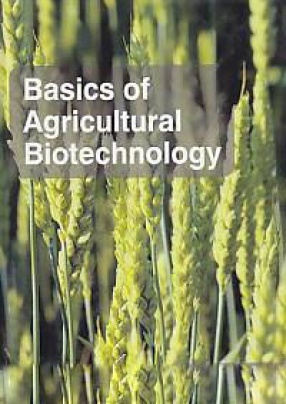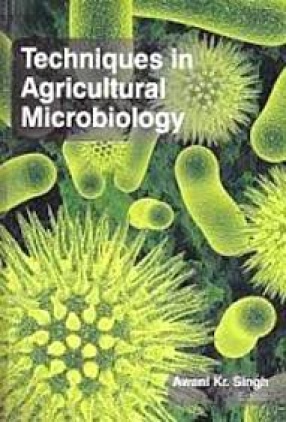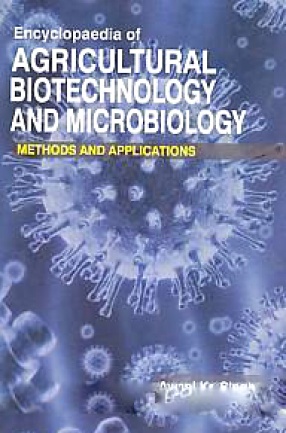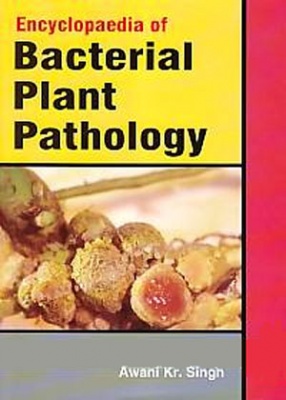
Awani Kr Singh

Showing all 12 books



















Like human beings and other animals, Plants are subject to diseases. In order to maintain a sufficient food Supply for the world's population, it is necessary for those involved in Plant growth and management to find Ways to combat plant Diseases that are capable of destroying Crops on a Large scale. There are many branches of Science that participate in the control of plant diseases. Among them are biochemistry, biotechnology, Soil science, Genetics and ...

Fungi are parasitic on almost all groups of eukaryotic organisms, ranging from cellular amoebae, protozoa, and algae to larger plant groups such as liverworts, mosses, ferns, and seed plants and animal groups from the smallest inconspicuous ones to the larger animals. The man, most intelligent animals, has his/her share of fungal parasites. Parasitic fungi are best known through their extensive damage to plants, especially cultivated plants. While plant diseases ...

Most people cringe at the thought of having a fungal or yeast infection. The reality, however, is that we all have many types of fungi that live on our skin all the time. Most of the time these fungi don’t cause any problems, but sometimes a fungus will change and cause an infection. These are some of the more common fungal and yeast infections people experience. An example of a fungal infection in Tinea versicolor -- a fungus infection that commonly ...


Mycology is the branch of biology concerned with the study of fungi, including their genetic and biochemical properties, their taxonomy and their use to humans as a source for tinder, medicinals, food and entheogens, as well as their dangers, such as poisioning or infection. From mycology arose the field of phytopathology, the study of plant diseases, and the two disciplines remain closely related because the vast majority of plant pathogens are ...
